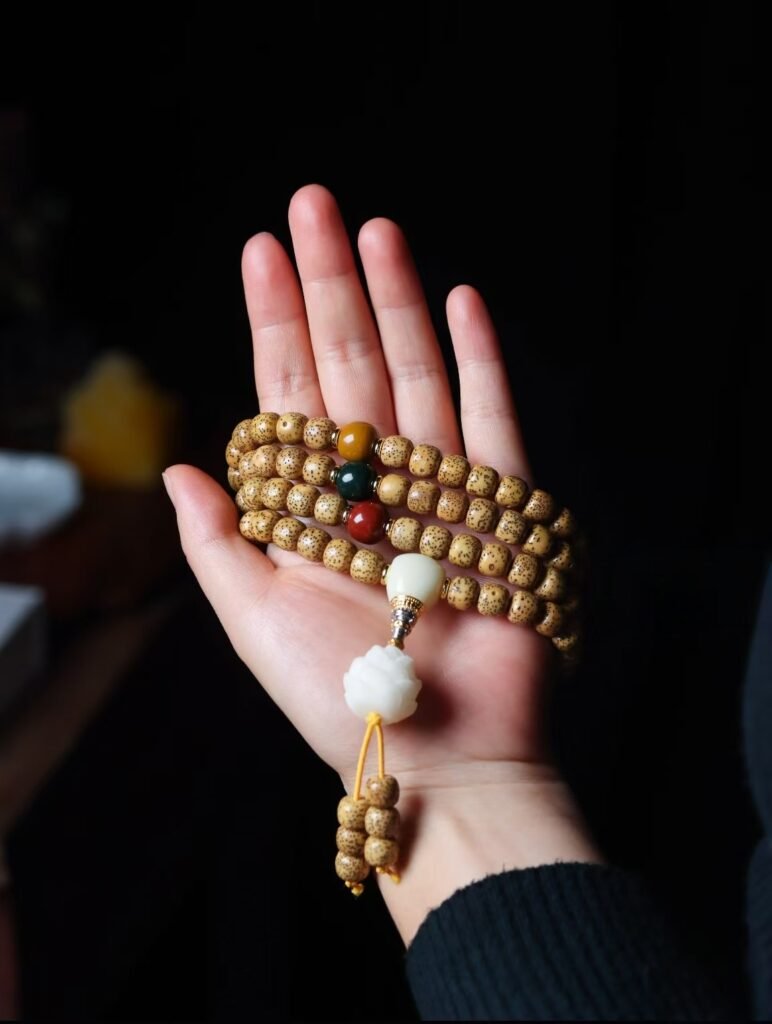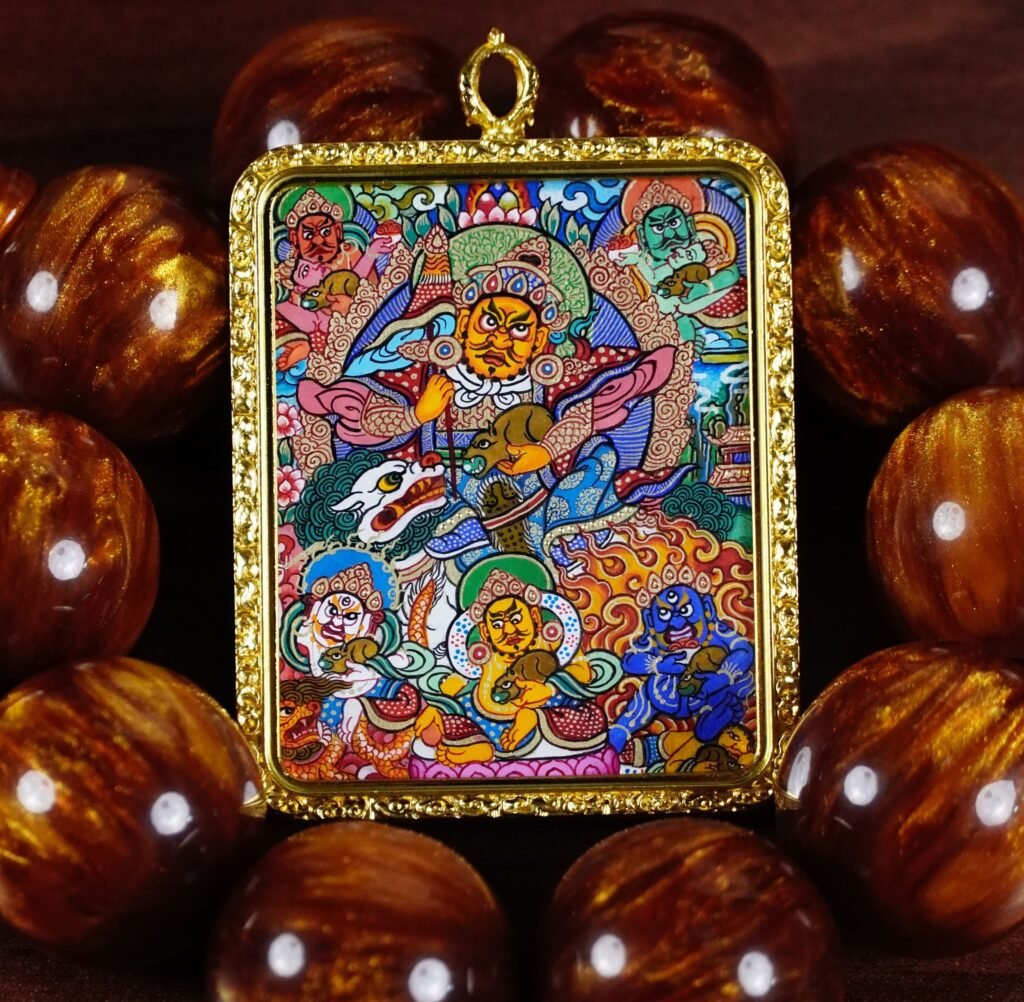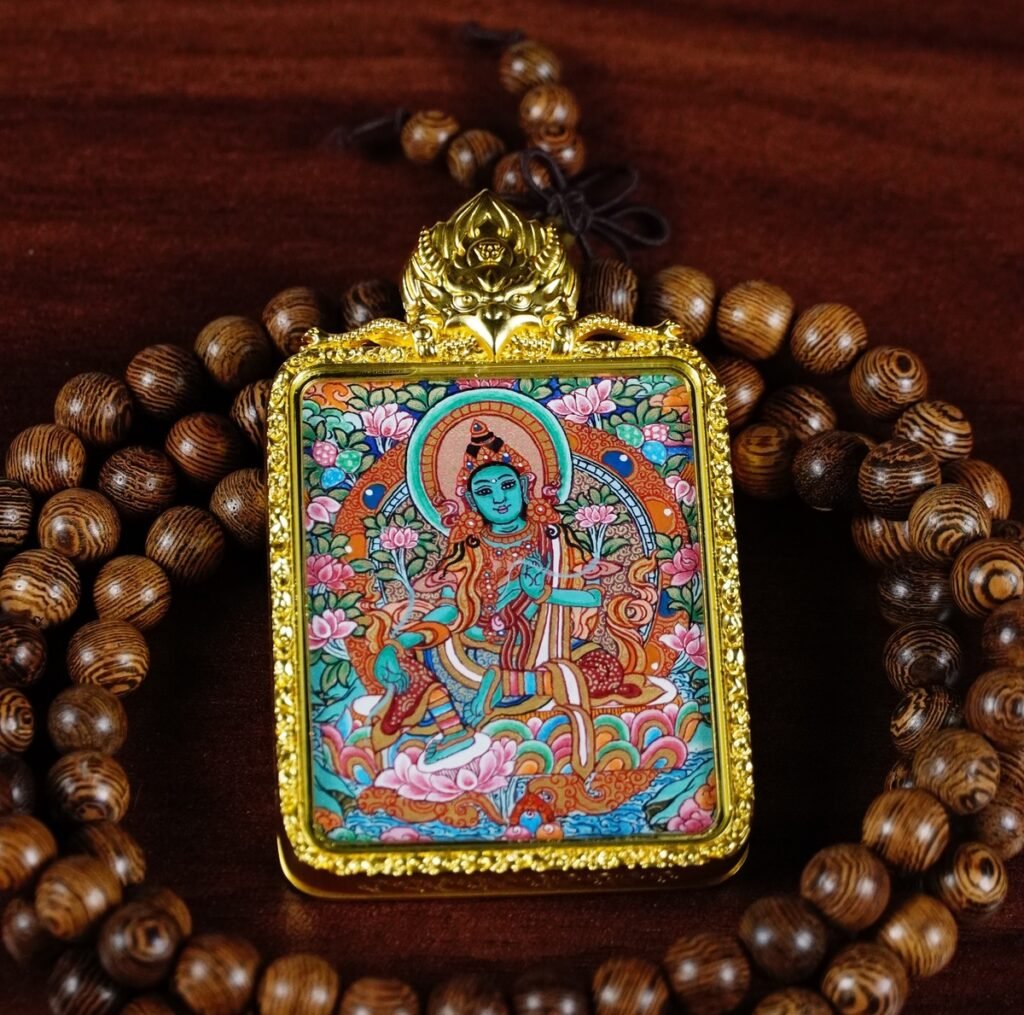The term “blessing” in Buddhism is also translated from Sanskrit, and in Chinese, it is called “加持” (jia chi). Literally, it means that the Buddha, with his own virtue and incredible power, bestows protection and blessing upon sentient beings and practitioners. This is the literal meaning, where the “Buddha” blesses sentient beings.
That was the original meaning. Over time, it has evolved to encompass more meanings. Language is like this; many meanings in ancient Chinese differ from those today, and Buddhist terminology is no exception. As long as a term is widely used, we tend to assign it more meanings. For example, people unfamiliar with Buddhism might call a monk “大师” (master), but the original meaning of “大师” is “Buddha.” Similarly, the word “和尚” (monk) originally referred to a highly respected monk, but now it is used for any monk. This is an evolution of language.

The concept of “blessing” has also evolved. Nowadays, people often say, “Master, please bless this prayer bead for me.” Here, the meaning is not about asking the Buddha to bless sentient beings but rather asking a master to chant mantras or scriptures over items like prayer beads or ritual implements, hoping these items will be endowed with incredible power that brings benefits. This is the literal explanation.
Does such a blessing have an effect? We can refer to the writings of Master Yinguang from the Republic of China era. He advocated for chanting the Great Compassion Mantra over water and rice, suggesting that the water we drink and the rice we eat can be blessed by chanting the mantra. This practice is beneficial for both oneself and others, and its effects are quite evident. Thus, the meaning of blessing through chanting differs from the original Buddhist scriptures, but this new meaning is widely understood and used today, and it is effective.

The above is the literal explanation. Regarding prayer beads and ritual implements, the concept of blessing also involves a second interpretation, which is a practical one. It expresses a beautiful hope or blessing in our hearts. For instance, when Buddhists acquire prayer beads or ritual implements, they chant scriptures and mantras to bless them, similar to how countries hosting large events like the Olympics or Asian Games have mascots to express good wishes. No major event introduces a terrifying mascot. This reflects a mindset of hope and blessing for life, the future, and one’s activities and work.
In our personal lives, we often have similar sentiments. For example, when visiting a sick person, we bring flowers; when a family member leaves home, we give them an apple; even when a glass breaks, we say “碎碎平安” (peace with every break). These are expressions of hope and blessing. Since we all wish for good fortune, whether giving gifts or acquiring prayer beads, the scriptures and mantras of Buddhas and Bodhisattvas hold great power. If we hope these prayer beads bring us good luck, why not use these scriptures and mantras to bless them? Wouldn’t this better express our hopes and blessings? This mindset leads to practices like consecration.

Therefore, blessing is very necessary. If you acquire prayer beads without blessing them, you might feel uneasy, thinking it would be better to have a master chant over them, which is correct. You can also chant and bless them yourself, which is certainly effective. Master Yinguang encouraged people to chant the Great Compassion Mantra, blessing water and rice before consumption, and such blessed water or rice can even be given to others. Thus, when we acquire prayer beads, to better integrate them with our body and mind, they need to be blessed, and the closer we are to a highly cultivated master, the more effective the blessing.
